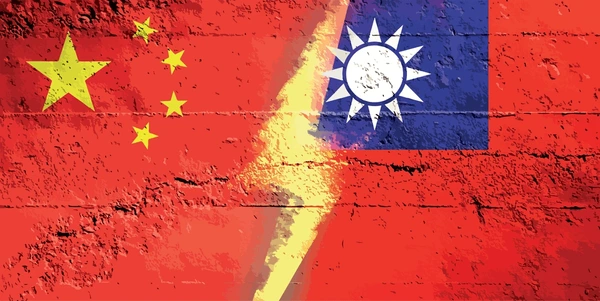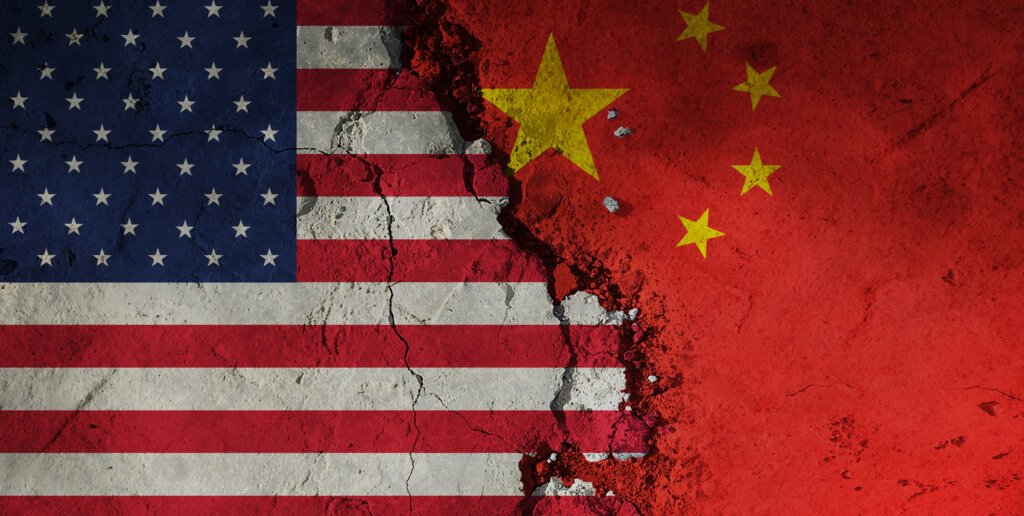- China imposes export controls on eight Taiwan military contractors including aerospace and shipbuilding firms as retaliation for Taiwan’s Huawei blacklist
- Beijing targets dual-use technology exports as Taiwan begins largest-ever Han Kuang military exercises simulating defence against Chinese invasion
China has delivered on its threat of retaliation against Taiwan by imposing export controls on eight Taiwanese companies tied to the island’s military sector, escalating the technology confrontation that began when Taiwan blacklisted Chinese tech giants Huawei and SMIC last week.
China’s Commerce Ministry announced Wednesday that it would add eight Taiwan-based firms to an export control list, citing national and regional security concerns. A spokesperson for Beijing’s Taiwan Affairs Office said the export controls were necessary to defend China’s sovereignty and territorial integrity.
The move comes just as Taiwan begins its annual Han Kuang military exercises, which will simulate defences against a possible invasion by China, creating a provocative backdrop for Beijing’s counter-sanctions.
Targeting Taiwan’s defence industrial base
The banned companies span Taiwan’s aerospace, shipbuilding and technology sectors, representing a strategic effort to disrupt the island’s defence capabilities.
The blacklisted firms include defence supplier Aerospace Industrial Development Corporation (AIDC), drone maker Jingwei Aerospace Technology Co., and CSBC Corporation, Taiwan’s largest shipbuilding company, among others.
The new rules, effective immediately, prohibit the export to the listed enterprises of “dual-use items,” a term referring to goods that can be used for both civilian and military purposes. This approach mirrors Taiwan’s restrictions on Huawei and SMIC, suggesting Beijing has adopted a tit-for-tat strategy in the escalating technology confrontation.
Strategic timing amplifies the message
China’s decision to announce the export controls as Taiwan begins its largest and longest military exercises sends a clear signal about Beijing’s willingness to escalate tensions. This year’s Han Kuang drills are set to last about 10 days, twice as long as last year’s exercises, reflecting Taiwan’s increasing focus on defence preparedness.
The timing also coincides with Taiwan Affairs Office spokesperson Chen Binhua’s warning that the measures serve as “a solemn warning to the ‘Taiwan independence’ separatist forces.”
Chen stated that “‘Taiwan independence’ is an evil path. Enterprises, organisations and individuals who are willing to be the henchmen of the ‘Taiwan independence’ separatist forces participate in splitting the country, and incite splitting the country will be severely punished according to law.”
Broader pattern of technology weaponisation
China’s retaliation represents the latest escalation in the weaponisation of technology trade relationships across the Taiwan Strait. The cycle began when Taiwan added Huawei Technologies and Semiconductor Manufacturing International Corp to its Strategic High-Tech Commodities Entity List, marking the first time Taipei used such restrictions against major Chinese companies.
Beijing’s response targets Taiwan’s defence industrial capabilities, aims to affect the island’s ability to develop and maintain military systems crucial for deterring Chinese aggression. The focus on dual-use technologies reflects China’s understanding of how civilian and military applications increasingly overlap in modern defence systems.
Implications for regional security architecture
The escalating sanctions battle between Taiwan and China has broader implications for regional security and technology cooperation. China regards self-ruled Taiwan as its territory, to be annexed by force if necessary, while Beijing has branded Taiwanese President Lai Ching-te as a separatist and refuses to speak to him.
The United States, like most countries, doesn’t recognise Taiwan as a country but is bound by its laws to provide it with the means to defend itself. China’s targeting of Taiwan’s defence contractors could complicate these relationships, particularly if the restrictions affect companies involved in US-Taiwan defence cooperation.
Technology decoupling accelerates
The mutual imposition of export controls signals an acceleration of technology decoupling between Taiwan and China, reversing decades of economic integration. While Taiwan’s restrictions focused on cutting-edge semiconductor technologies crucial for AI development, China’s response targets the defence industrial base that underpins Taiwan’s security.
For the broader technology industry, the escalating confrontation demonstrates how commercial relationships are increasingly subject to political calculations. Companies operating across the Taiwan Strait now face the prospect of choosing sides in a conflict that shows no signs of de-escalating.
As Taiwan continues its military exercises and China maintains pressure through economic measures, the technology sector finds itself at the centre of a broader strategic competition that increasingly defines cross-strait relations.
The pattern of action and retaliation suggests this confrontation will likely intensify rather than stabilise, creating new uncertainties for businesses and governments throughout the region.







